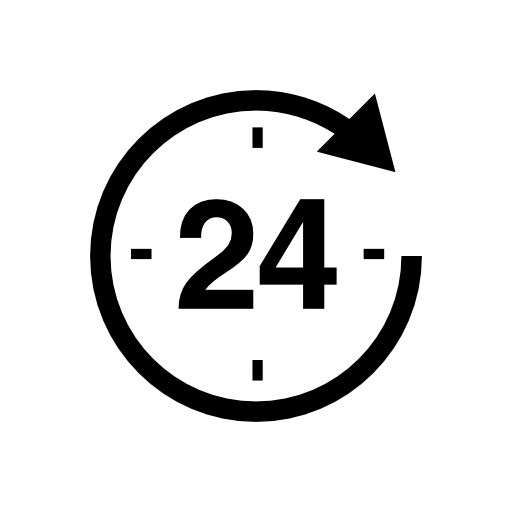Definition: Personality disorders represent the failure to develop a sense of self-identity and the capacity for interpersonal functioning that are adaptive in the context of the individual’s cultural norms and expectations.
A. Adaptive failure is manifested in one or both of the following areas:
1. Impaired sense of self-identity as evidenced by one or more of the following:
- Identity integration. Poorly integrated sense of self or identity (e.g., limited sense of personal unity and continuity; experiences shifting self-states; believes that the self presented to the world is a façade)
- Integrity of self-concept. Impoverished and poorly differentiated sense of self or identity (e.g., difficulty identifying and describing self attributes; sense of inner emptiness; poorly delineated interpersonal boundaries; definition of the self changes with social context)
- Self-directedness. Low self-directedness (e.g., unable to set and attain satisfying and rewarding personal goals; lacks direction, meaning, and purpose to life)
2. Failure to develop effective interpersonal functioning as manifested by one or more of the following:
- Empathy. Impaired empathic and reflective capacity (e.g., finds it difficult to understand the mental states of others)
- Intimacy. Impaired capacity for close relationships (e.g., unable to establish or maintain closeness and intimacy; inability to function as an effective attachment figure; inability to establish and maintain friendships)
- Cooperativeness. Failure to develop the capacity for prosocial behavior (e.g., failure to develop the capacity for socially typical moral behavior; absence of altruism)
- Complexity and integration of representations of others. Poorly integrated representations of others (e.g., forms separate and poorly related images of significant others)
B. Adaptive failure is associated with extreme levels of one or more personality traits.
C. Adaptive failure is relatively stable across time and consistent across situations with an onset that can be traced back at least to adolescence.
D. Adaptive failure is not solely explained as a manifestation or consequence of another mental disorder
E. Adaptive failure is not solely due to the direct physiological effects of a substance (e.g., a drug of abuse, medication) or a general medical condition (e.g., severe head trauma)
Looking at this more broadly:
"Personality disorder, formerly referred to as a Character Disorder, is a class of mental disorders characterized by rigid and on-going patterns of thought and action. .... The inflexibility and pervasiveness of these behavioral patterns often cause serious personal and social difficulties, as well as a general functional impairment.The Diagnostic and Statistical Manual of Mental Disorders, defines ten specific personality disorders, one of which is "borderline personality disorder".
Personality disorders are defined by the American Psychiatric Association (APA) as "an enduring pattern of inner experience and behavior that deviates markedly from the expectations of the culture of the individual who exhibits it". These patterns, as noted, are inflexible and pervasive across many situations...(and) perceived to be appropriate by that individual. The onset of these patterns of behavior can typically be traced back to late adolescence and the beginning of adulthood, and, in rare instances, childhood."
The current system (DSM - IV) lists 10 personality disorders organized in 3 "clusters
Cluster A (odd or eccentric)
Cluster B (dramatic, emotional, or erratic)
- 301.0 Paranoid personality disorder
- 301.20 Schizoid personality disorder
- 301.22 Schizotypal personality disorder
Cluster C (anxious or fearful)
- 301.7 Antisocial personality disorder
- 301.83 Borderline personality disorder
- 301.50 Histrionic personality disorder
- 301.81 Narcissistic personality disorder
- 301.82 Avoidant personality disorder
- 301.6 Dependent personality disorder
- 301.4 Obsessive-compulsive personality disorder
The APA is also proposing a consolidation into 5 subtypes:
- Borderline,
- Antisocial/psychopathic (possibly with subtypes),
- Schizotypal,
- Avoidant, and
- Obsessive-compulsive.
Author: Skip
















No comments:
Write comments